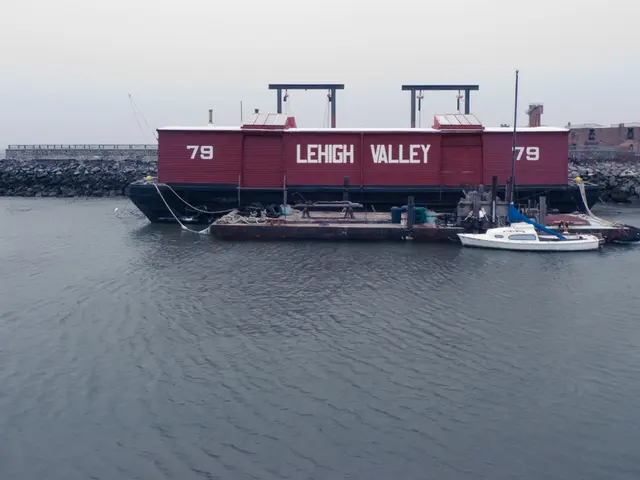Trump Assumes Control of DC Police, Raising Questions About Expansion to Other Cities
In a move aimed at addressing rising violent crime in Washington, D.C., President Trump has announced a plan to take control of the city's police force and deploy the National Guard. The plan involves a federal takeover of local law enforcement, the deployment of approximately 800 National Guard troops, and an increase in federal law enforcement presence, with the U.S. Attorney General effectively managing the Metropolitan Police Department.
This move has far-reaching implications, as it marks a federal intervention in local policing, which is unusual given D.C.'s unique status and the traditional local control of its police force. Critics argue that this is a political power play that threatens local autonomy and may not effectively reduce crime.
President Trump has also suggested expanding federal deployments to cities like New York, Los Angeles, Baltimore, and Chicago. However, data indicate that crime is actually declining in many of these cities, countering the administration's claims. Experts warn that federalizing police and deploying the National Guard for local law enforcement risks escalating tensions and may undermine public safety.
The legal and constitutional issues involved in the federal takeover of the D.C. police have already been met with pushback. A federal judge has rejected the administration's plan, highlighting the contentious nature of this decision.
The scope of President Trump's executive authority in controlling law enforcement in Washington, D.C., and its potential repercussions on the autonomy of local law enforcement agencies in other cities, remain uncertain. The immediate and long-term implications of this decision on the relationship between federal and local law enforcement agencies, as well as the existing DC police force, are still unknown.
The extent to which this decision could set a precedent for other cities is also unclear. As the situation unfolds, it is crucial to monitor the developments closely and assess their impact on law enforcement, public safety, and local autonomy across the country.







